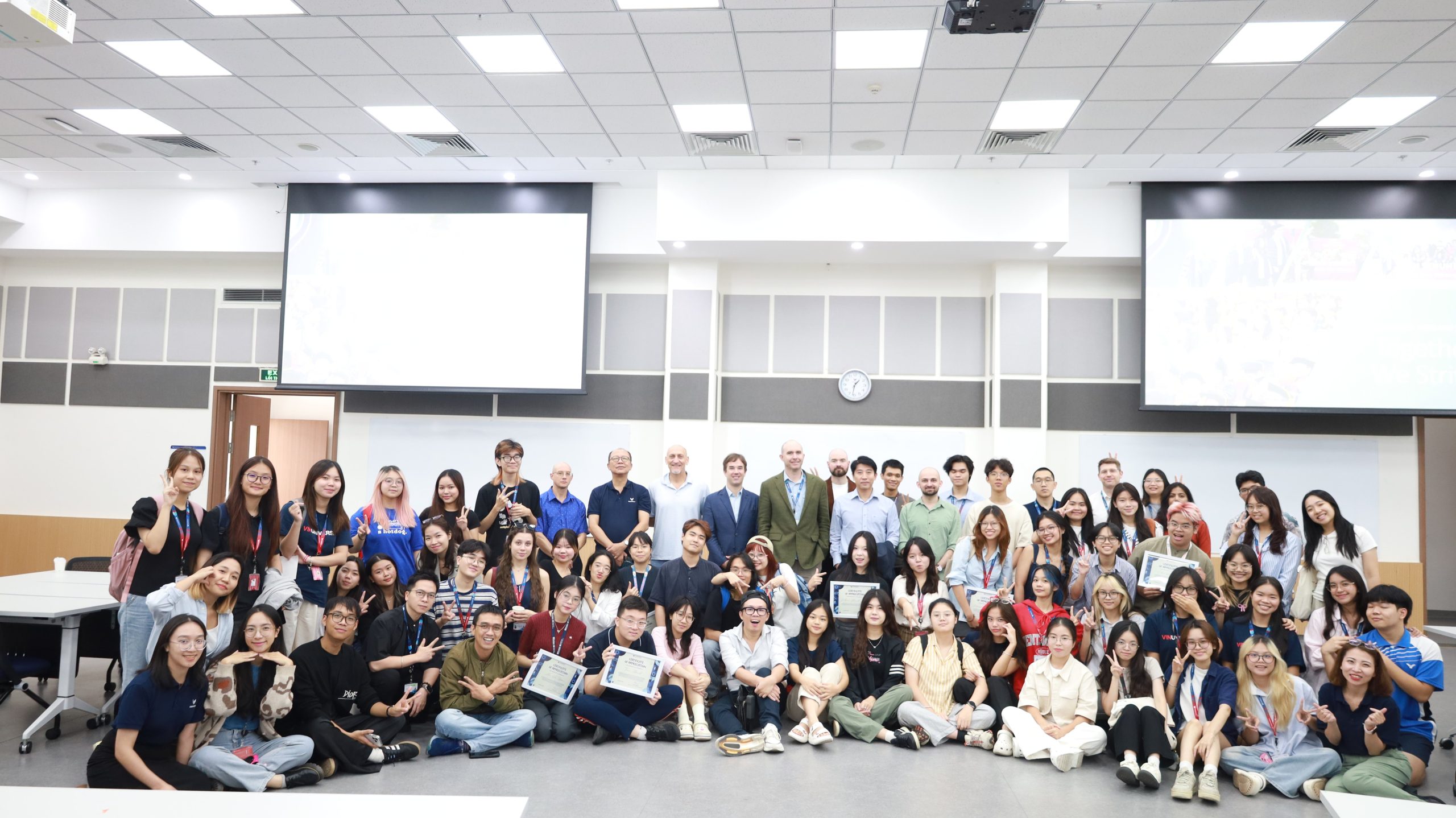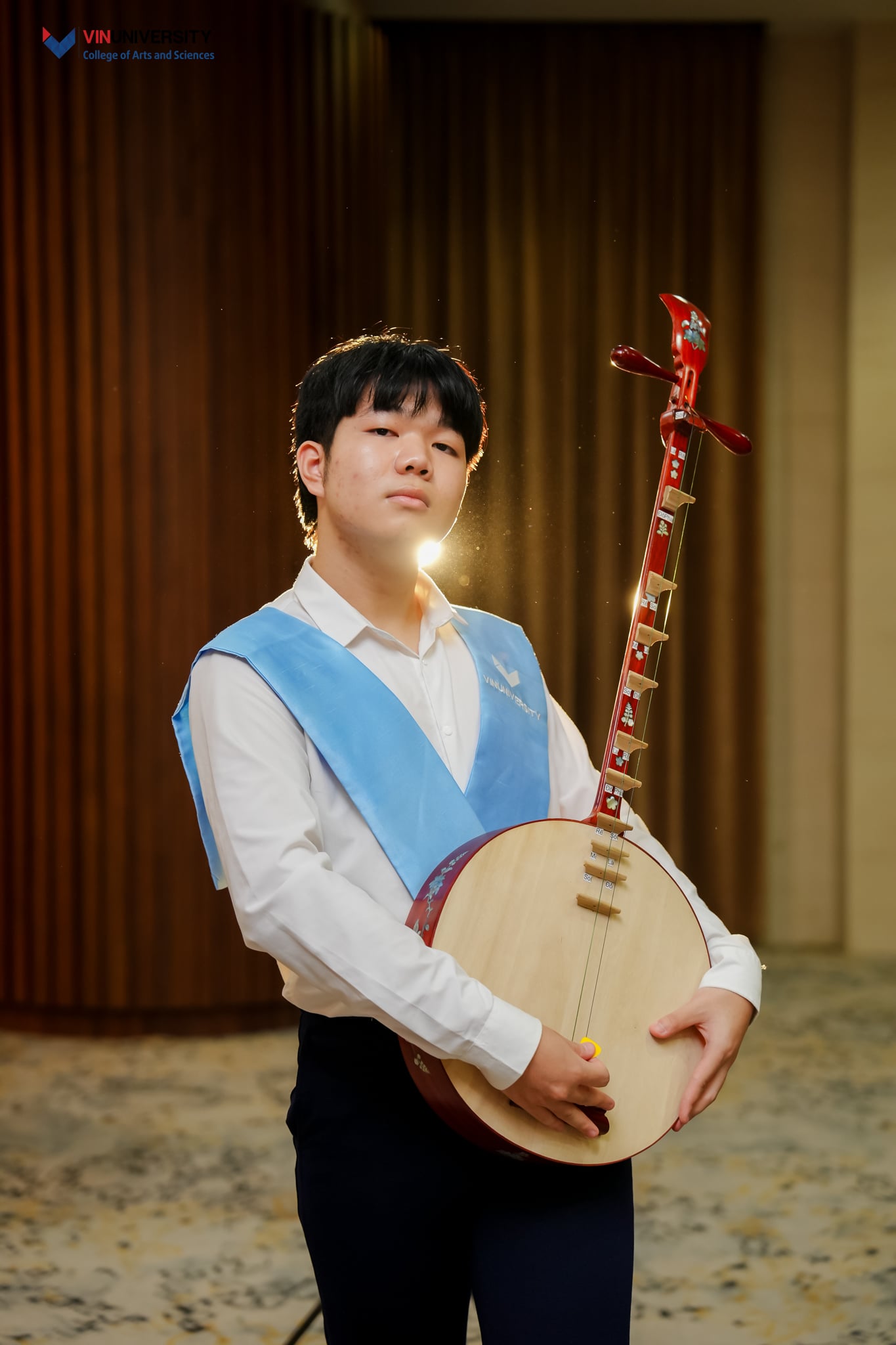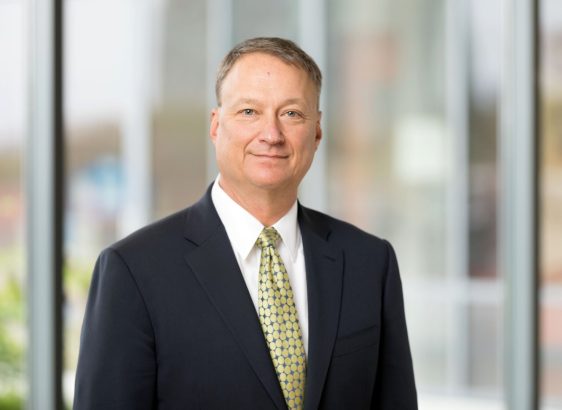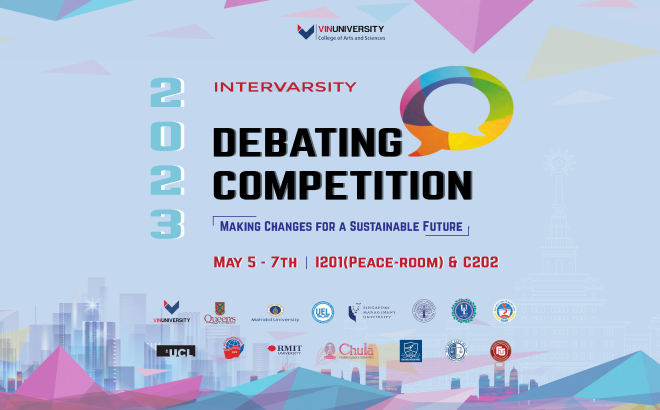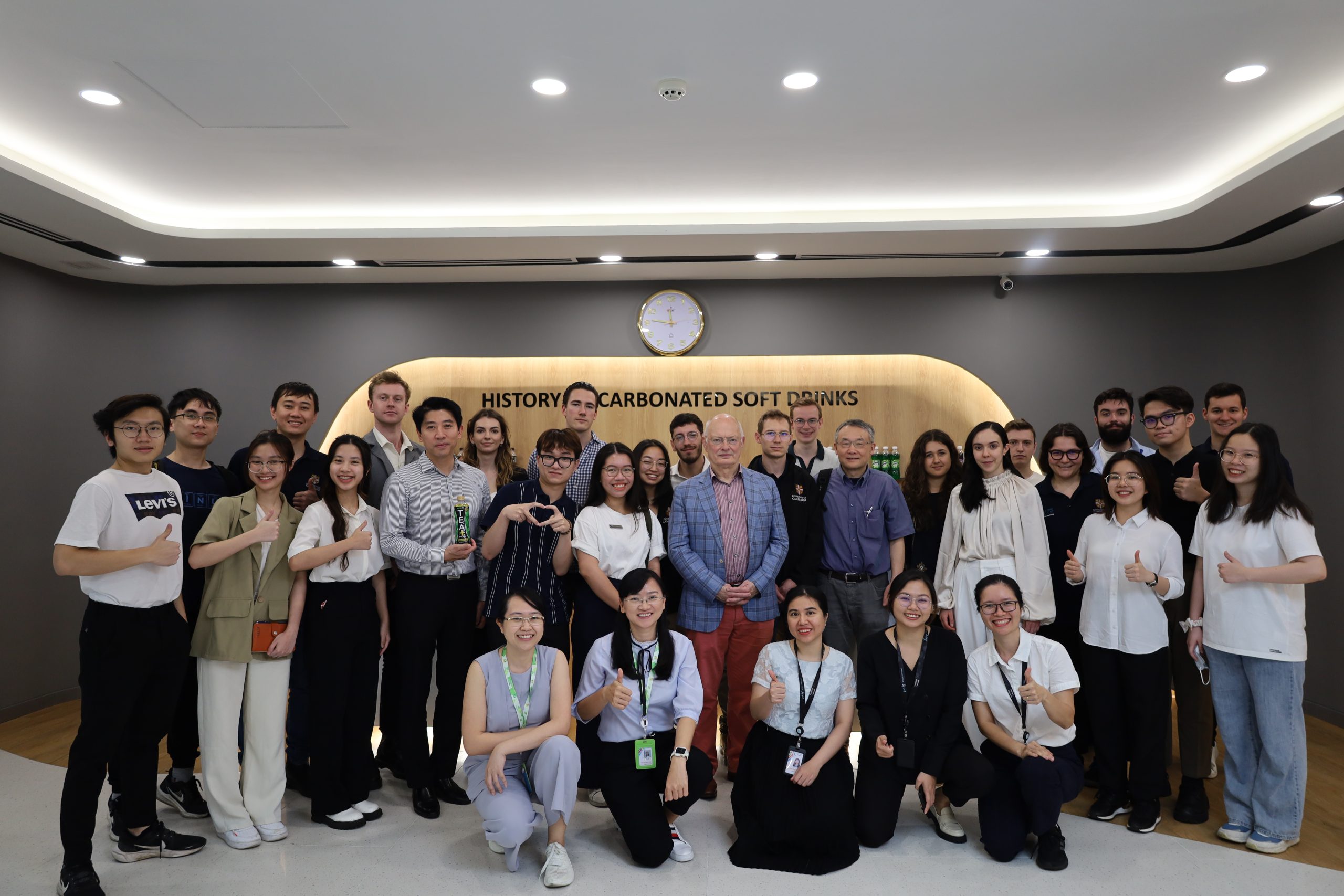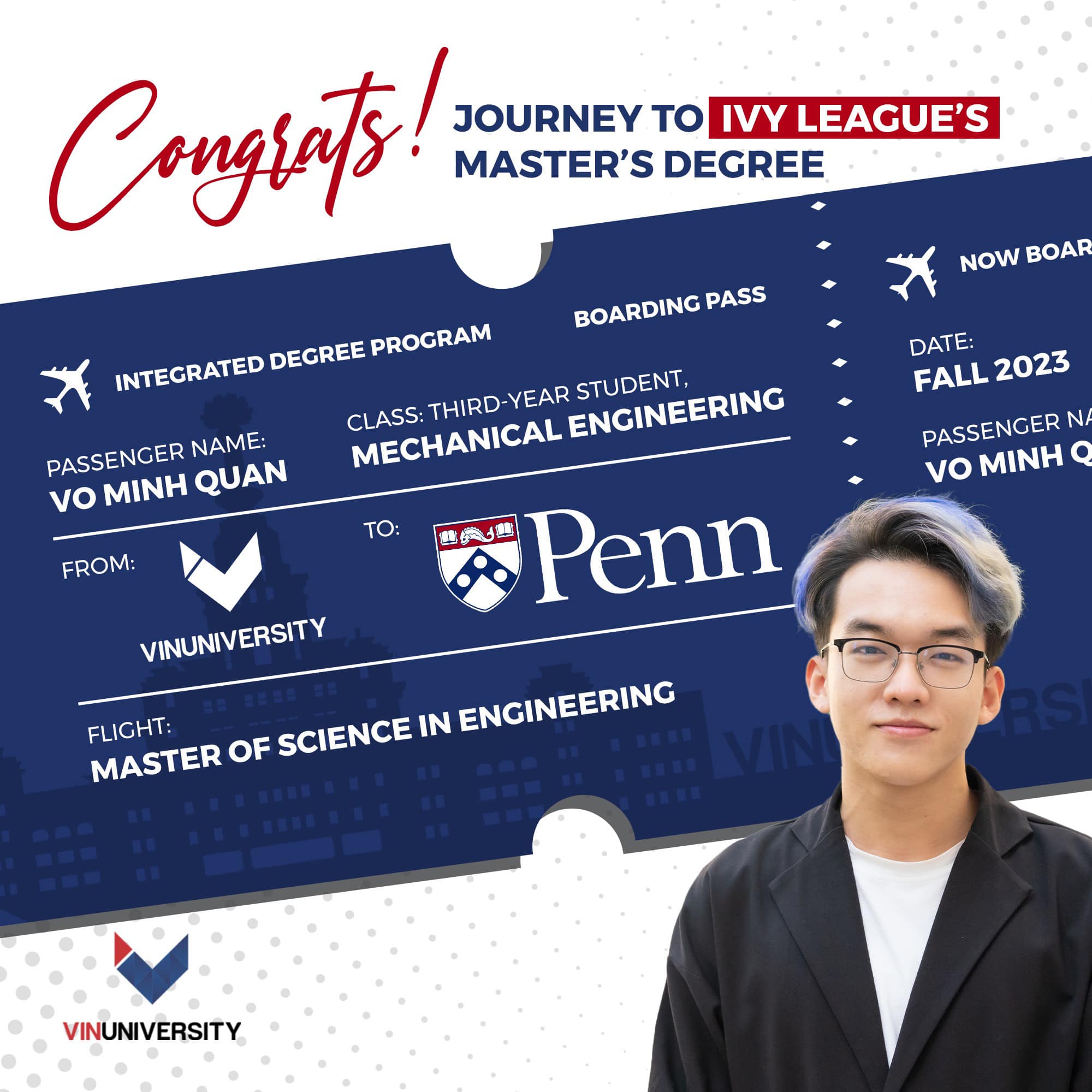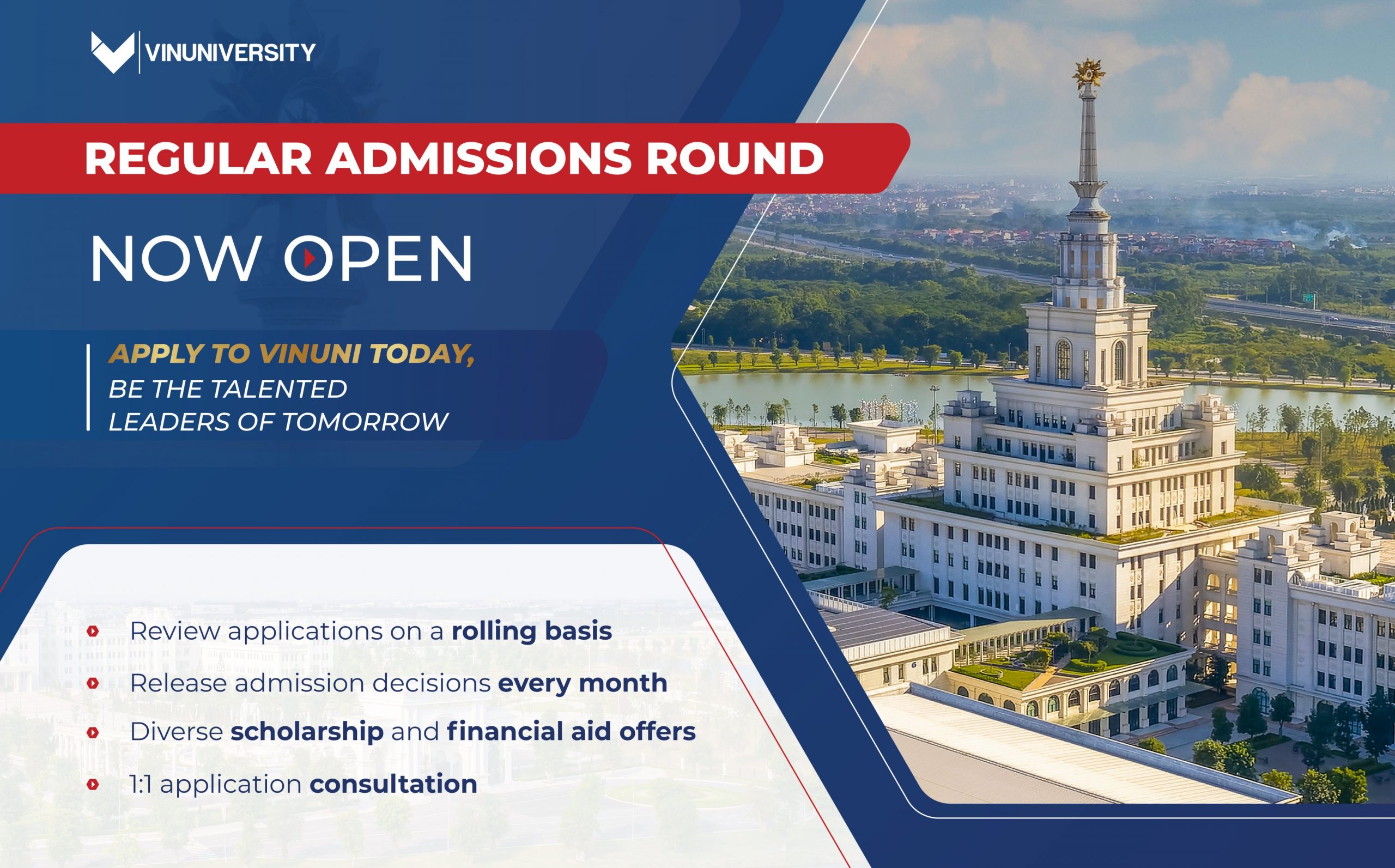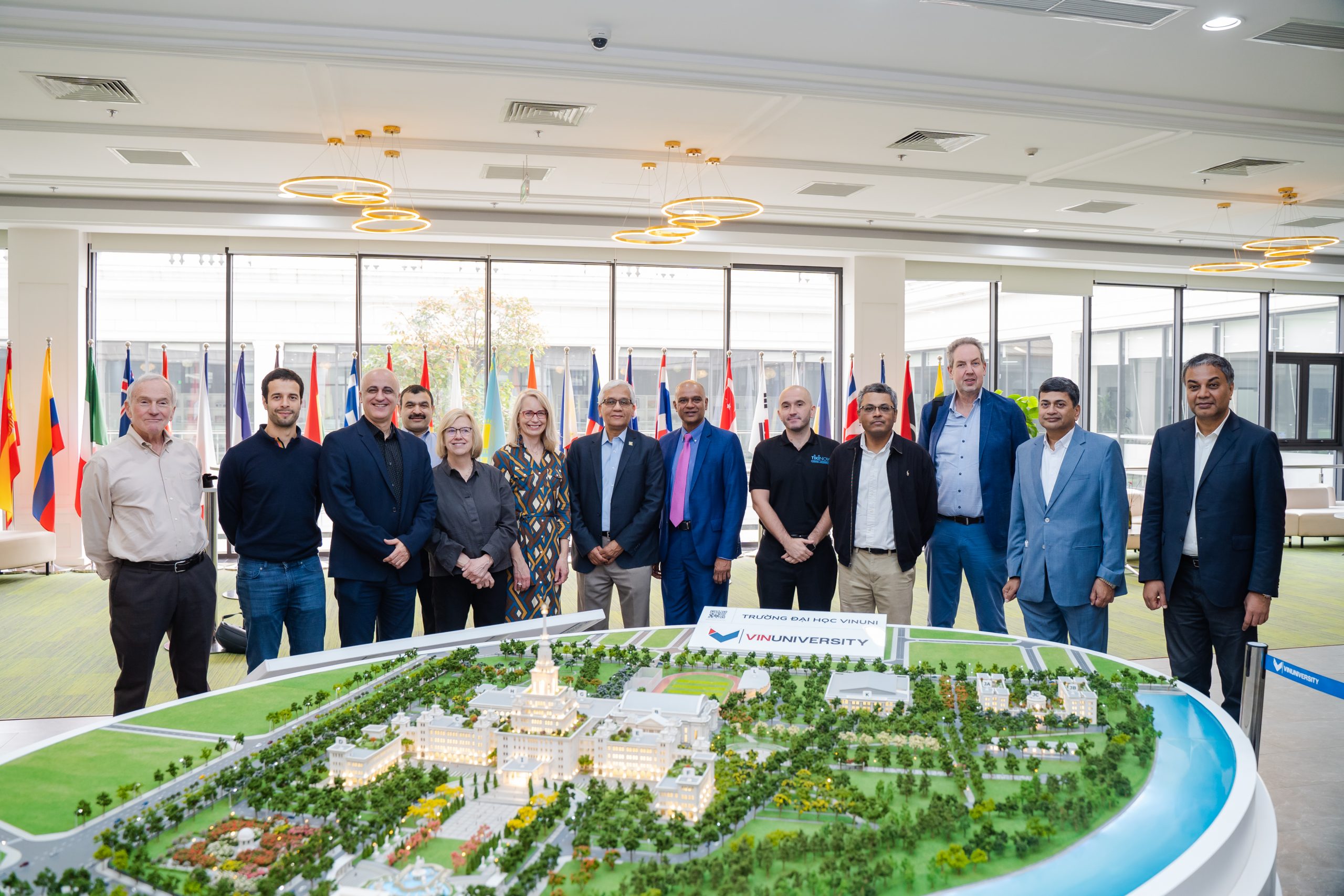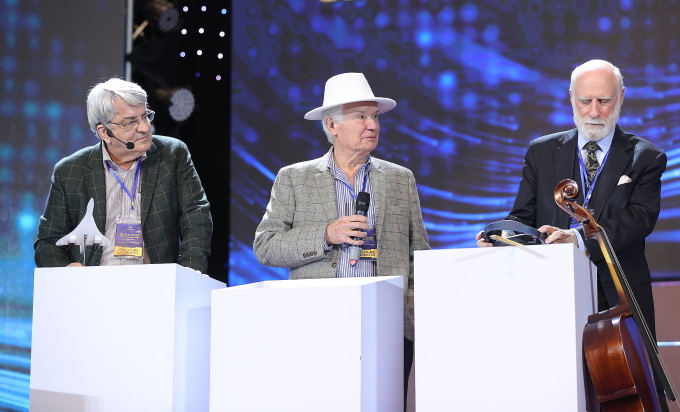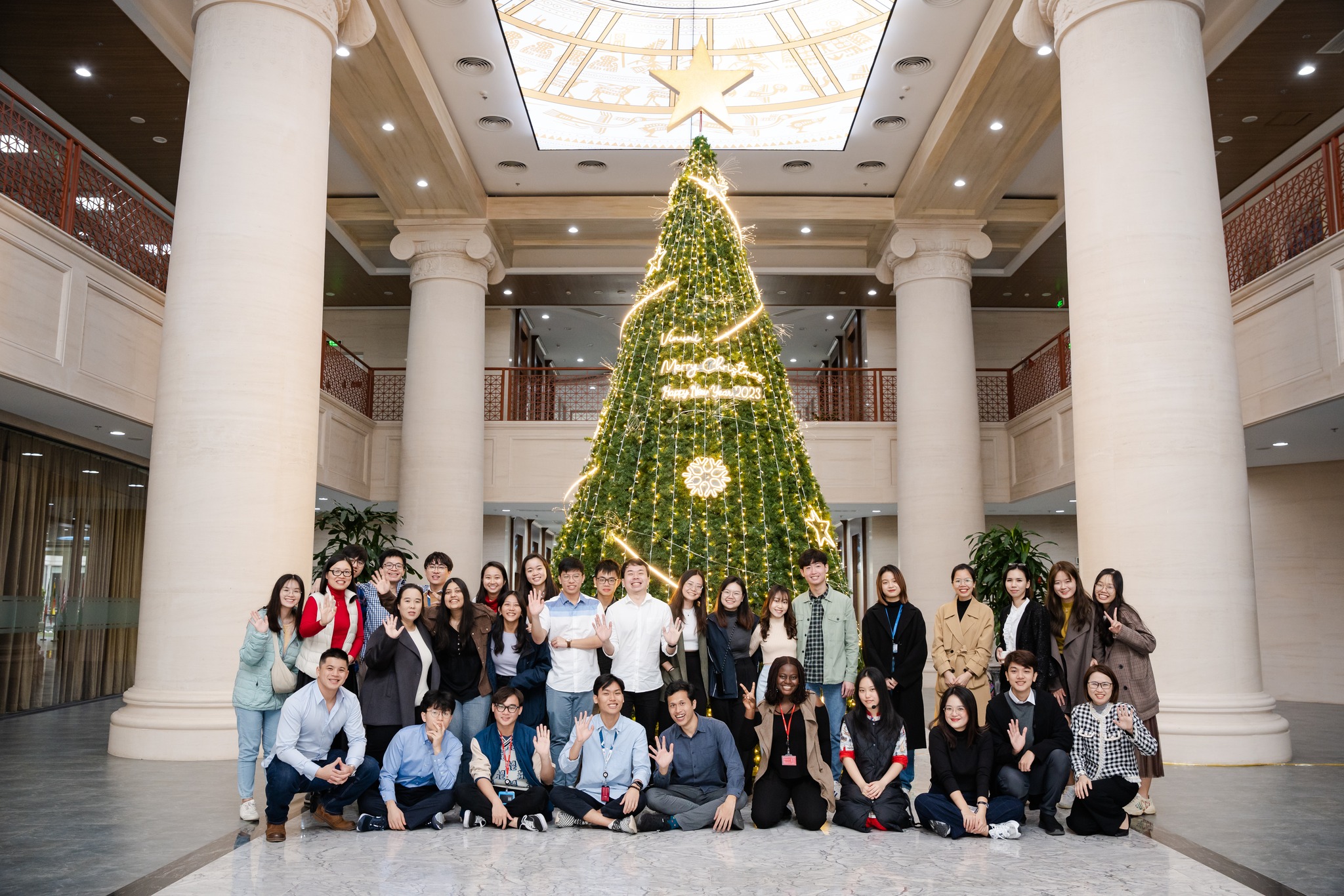“7 months have passed and I can still recall the exact day when I decided to take a gap year” – An inspirational writing by Tran Dinh Le Hoang (Harry Hoang Tran), CBM student, VinUniversity
It was a typical afternoon in March 2022 like any other. But sitting there in an isolated part of the library, I had just finished an online meeting for a team presentation with a despondent heart. A week of quarantine followed by 2 weeks of online classes has left me constantly contemplating and without the last speck of joy and energy at the very start of the semester. So I got out of the room, went on to stare at the cold heavy rain hitting the window for 30 minutes straight and came back with a realization that it was enough. I needed a break. A big, long break from university life and studies.
Looking back, the weeks that led up to that decision were a true blessing, since they provided me with time and space for reflection on what I truly wanted in life versus what my life had been filled up with so far. With assignments and projects, one after another, I hadn’t had the luxury to spend time with myself. It seemed that I was buried under this kind of thick cloud and lost a sense of direction.
If somebody asked me at the time whether it was the right decision or not when I began postponing my own graduation to go see the world, I would reluctantly say yes and try to explain a few reasons why. But in retrospect, it’s okay to be in the unknown, the grey zone of life as long as taking the steps forward is necessary. To some extent, we don’t actually make the right decisions right off the bat. We make decisions then we make them right, with dedication and a capacity to enjoy.
If I could summarise what I did for 6 months of my gap semester in one line, it would be named “liberal self-education”. Simply explained, this learning style requires a person to actively seek hands-on experience and facilitate their own learning process, while their thinking breaks free from any kind of one-sided preconceptions about the world. It is done by exploring multi-dimensional perspectives, empathizing with people from all walks of life, how they came to be and how we are all so different yet have so much in common. Though we evolve as an inherently contemplative and empathetic species, modern life makes us constantly busy or tethered up to the outside that the majority seem to have forgotten to look inside. This is the story of the natural and very human process of personal growth.
————Chapter one: Nature————
As a person who works on environmental projects, I owed myself the chance to actually be involved in the natural environment and far from my laptop. So during the gap year, I visited 5 national parks to do just that. Since most of human history is spent in nature, it is understandable why our biology is wired to feel refreshed and energized from walking in forests or enjoying naturescapes. Moreover, with most of the world’s economies thriving on natural resources without limit, we can’t help but frequently neglect how damaging our activities are to the environment, which supports our living system. These trips to nature were meant to explore the various aspects of environmental systems and they sure were meaningful to understanding our species’ most important root: nature.

April, 2022. I took this picture in Dak Nong province while sightseeing with a group of newly made friends.
————Chapter two: Global mindset————
As we grow out of ourselves and our local hometown, a global mindset begins to take place. One of the ways to best nurture a global mindset, in my opinion, is to choose a specific global issue we deeply care about and want to contribute to creating solutions. Climate change is something I care a lot about. So throughout the gap months, national and international workshops, seminars, and conferences on climate action have been the highlight of the whole journey. Notable mentions are a 5-day fully-funded “Youth Ecosperity Dialogue” conference in Singapore, and a 2-day “Green Youth Labs” in-person program after 2 months of online training. The problem isn’t just that the climate is changing. But that it is changing, has been and is going to affect our lives tremendously, and we are not doing enough to mitigate it or be prepared for it. The gap year period gave me the opportunity to prioritize this global issue again with a more focused mind, it also instilled in me the sense of how to become a responsible global citizen.

Posing with the infamous dinosaur from United Nations’ YouTube video. “National consultation workshop on the national strategy on climate change until 2050” in Hanoi.
————Chapter three: Friends————
If there was something I didn’t plan to do but was particularly proud of, it was the making of lots of good friends throughout my trips. Despite my tendency to look inward instead of expressing myself out loud, I have learned to make friends in such unlike ways, but it has led to a now more meaningful life of mine. There were friends who I met during some online training programs. Others I met in events that connect us with interesting topics in common. Some friends were friends of friends and we went on a field trips or cafes together. But all in all, I would say that friends have been the greatest unplanned result of this year off from academic school but on for the “school of life”.

3 of the unlikely friendships that happened. An Giang province, Cuu Long delta.
————Chapter four: Empathy————
The more places and people I went to and talk to, the more I realized how important the theoretical knowledge from books, articles, and documentaries is for comprehensive thinking but also how sometimes untethered they are from reality. Perhaps only through experiencing hands-on with textbook problems can we best empathize with them and help resolve the situation more effectively. Almost repeatedly on the go, the way I learn was by talking to strangers to listen to their worldviews, exploring the real-life places from the press stories, and truly penetrating the lifestyles of the common people. Now I would like to give some examples for each of these. First, I made the habit of striking up long and deep conversations with the persons next to me on long flights and the drivers in long taxi rides. Second, I went to see and ask the people in the Cuu Long delta wherein the greatest climate impacts in Vietnam appear. And third, I once tried living in a farmer family’s home in Dak Nong for 3 days among the vast forests and rotating wind power stations nearby. For me, all of this bred the idea of unconditional empathy: listening to and accepting everyone as they are without judgement. This is how we might just figure out the key insights for solving problems that matter.

The once press-famous place in Ninh Thuan with a herd of hybrid bulls from a scientific experiment.
Now that is all of the best things I wanted to share without writing a book, condensed into just four chapters! Though my 6-month gap year has ended, the liberal self-education journey is to move on alongside my continued story of empathizing, exploring, and problem-solving for a better world. Yes. I would say that my gap year was a decision made right.

